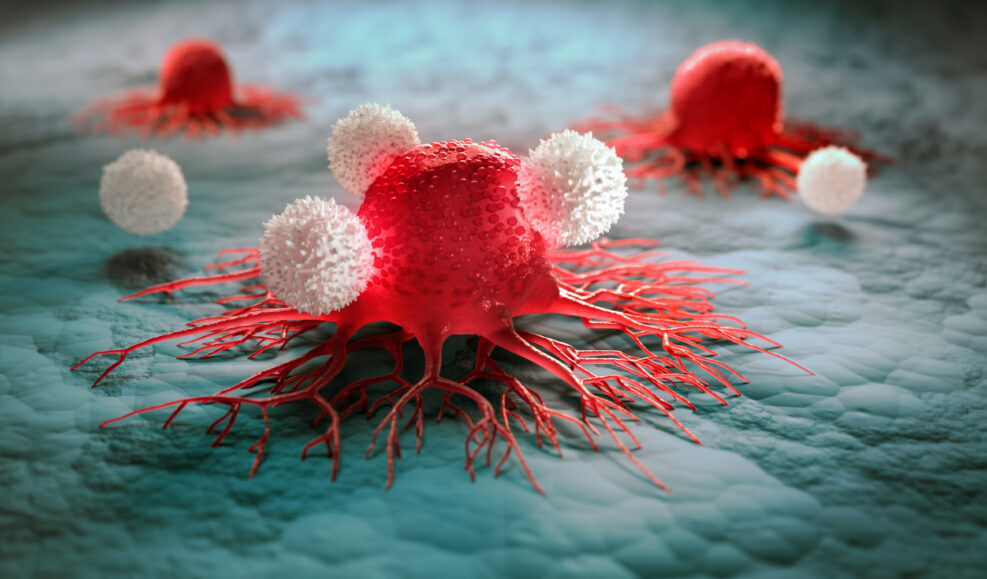
Doc Ock and His Sentient AI Arms
Could AI ever control the human mind?It’s interesting that the Spider-Man universe (or multiverse, I guess) is studded with well-meaning villains. In my last movie review, we looked at Norman Osborn and his tragic transformation into the Green Goblin. What’s odd about his character is that he’s almost a father figure to Peter Parker throughout the film, offering support, guidance, wisdom. It’s the allure of a mysterious form of biotechnology and corporate pressure that sends him off the deep end. It isn’t so different with the iconic Dr. Octopus. An idealist set on inventing a new source of perpetual energy, Dr. Octavius is a friendly but ambitious scientist, who, like Osborn, takes Peter under his wing. The experiment to create a sustained fusion reaction, though, goes Read More ›







